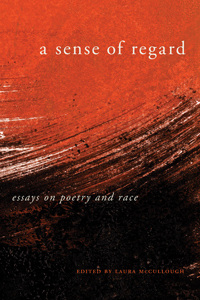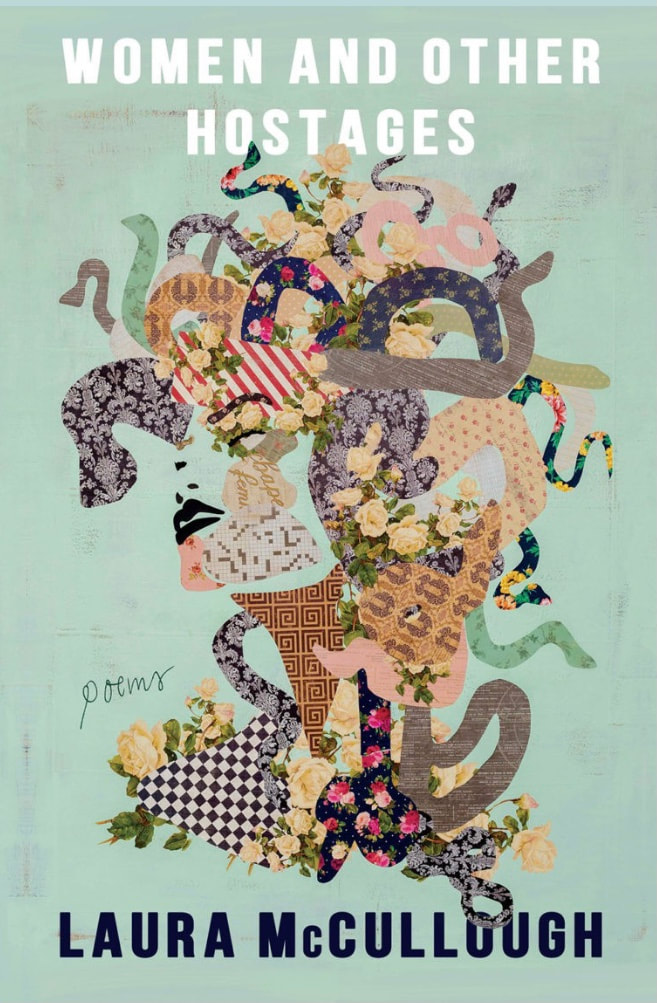LAURA MCCULLOUGH
 An indepth look at gender and race, Leigh Johnson in “Unsexing Rudolfo “Corky” Gonzales’s I am Joaquin: gender and race archetypes” unpacks the feminist Chicano imagination. Rudolfo “Corky” Gonzales’s I am Joaquín (written with small distribution in 1967, published by Bantam Books in 1972) is one of the most widely recognized cornerstones of the Chicano literary canon. Undeniably the poem is manifesto, epic, and heralded literary production all in one. However, because I am Joaquín purports to speak for the Chicano Movement, yet largely leaves out women’s contributions, the poem has provided a basis for many responses—poetic, scholarly, and artistically—almost since its initial publication. While the issues of sexism and Chicano Movement discourse are not new, the discussion of Chicana poetic responses to I am Joaquín adds consideration of new poems and addresses how these poems use archetypes and naming in ways that other discussions of responses to I am Joaquín have not considered as thoroughly. Chicana poets have resisted archetypal representations of women, and contemporary poets have also responded to the residual anti-feminism of the Chicano Movement. In a representative revisioning of I am Joaquín, several poets, Carmen Tafolla, Sylvia Alicia Gonzales, Lorna Dee Cervantes, and Sandra Cisneros, have explicitly addressed the misogyny they see in I am Joaquín. The poets use the cultural locator I am Joaquín to position women’s voices and experiences into the Chicano/a collective identity.
1 Comment
Archives
October 2023
Categories
All
|

 RSS Feed
RSS Feed
